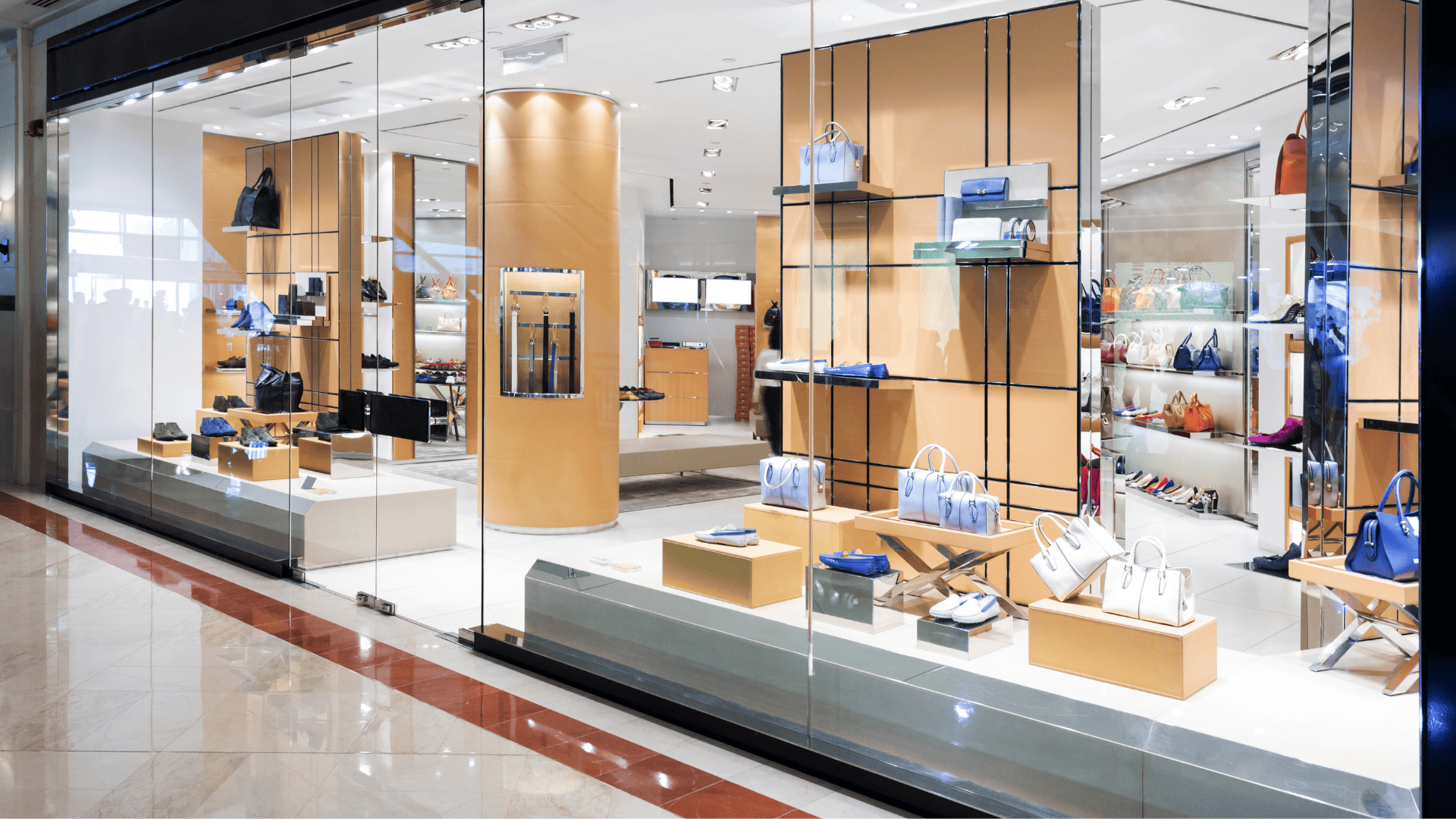
©zhudifeng via Canva.com
Why the World’s Most Pricey Handbags Keep Getting More Expensive
March 6, 2024
Designers are marking up the price of their signature bags to preserve exclusivity as the industry grows, according to The Wall Street Journal.
The price of a standard Hermès Birkin handbag has shot up by $1,000. This is a first-world concern for fashion enthusiasts and highlights a trend where luxury brands are strengthening the exclusivity of their popular items.
Recently, PurseBop, a luxury handbag forum, provided data indicating that Hermès has raised the price of its basic Birkin 25-centimeter handbag by 10% across U.S. stores, now priced at $11,400 before sales tax. Additionally, Birkin bags made from exotic skins have experienced a price surge of over 20%. The French designer brand justifies these price increases as necessary to counteract rising manufacturing costs; however, this year’s spike marks the most significant increase in at least a decade.
Monika Arora, founder of PurseBop, highlights that the price gap between Hermès bags and their closest competitor, the Chanel Classic Flap, decreased from 70% in 2019 to 2% in the past year. Chanel, being privately owned, has hiked the price of its most popular handbag by 75% since before the pandemic began.
These significant price hikes are part of a wider trend and have led to the exclusion of many aspiring shoppers who are no longer able to afford luxury handbags. However, luxury brands know they cannot completely alienate this demographic. This could be one of the reasons why labels like Hermès and Prada have branched into makeup lines, and Gucci’s owner, Kering, is expanding its presence in eyewear. These more affordable item categories serve as a consolation prize, with the ability to generate tens of millions in sales without oversaturating the market.
Luca Solca, luxury analyst at Bernstein, says, “Cosmetics are invisible—unless you catch someone applying lipstick and see the logo, you can’t tell the brand.”
According to Bernstein estimates, most of the luxury industry’s revenue growth in 2024 will come from price rises. Sales are anticipated to increase by 7% this year, “even as brands only sell 1% to 2% more stuff.”
Recent News
Massive Data Breach Hits Ticketmaster, Affecting 560 Million Customers
Ticketmaster has fallen victim to a significant cyber-attack, potentially compromising the data of up to 560 million customers. The breach was confirmed by Ticketmaster’s parent company, Live Nation, which revealed that a notorious hacking group, ShinyHunters, is behind the attack. The hackers are demanding a ransom of approximately £400,000 to prevent the data from being sold on the dark web.
Toyota Recalls 100,000+ Tundra and Lexus LX SUVs Over Engine Debris Issue
Toyota has announced a recall for over 100,000 Tundra pickups and Lexus LX SUVs in North America due to potential engine issues caused by machining debris. This recall affects certain 2022-2023 models of the Tundra and LX, which are equipped with the new V6 twin-turbo engine. The V6 twin-turbo engine has faced considerable scrutiny regarding its reliability, especially when compared to the previous naturally aspirated V8 engines.
Wordle and Worldle Battle Over Names
A legal dispute has erupted between the wildly popular word game Wordle and the lesser-known geography game Worldle, centering on the similarity of their names. Wordle, which was developed by Josh Wardle in 2021 and later acquired by the New York Times in 2022 for a substantial sum, has gained immense popularity. In this game, players have six attempts to guess a five-letter word.
FDA Issues Recall for Crecelac Goat Milk Infant Formula
The U.S. Food and Drug Administration (FDA) has issued a safety alert regarding Crecelac Goat Milk Infant Formula and other infant formula products imported and distributed by Dairy Manufacturers Inc. The alert highlights Cronobacter contamination concerns with Crecelac Infant Powdered Goat Milk Infant Formula. Although Dairy Manufacturers Inc. initiated a recall on May 24, 2024, due to non-compliance with FDA regulations, new findings of Cronobacter contamination have prompted further action.
